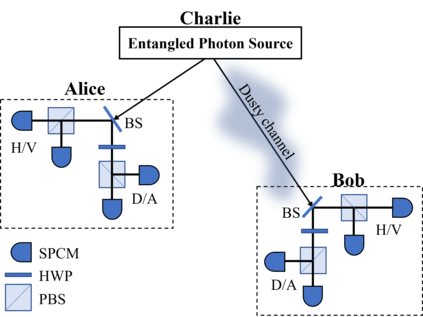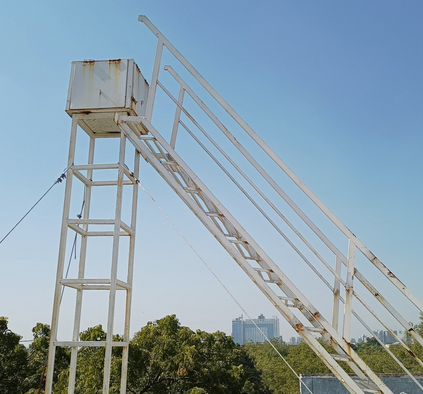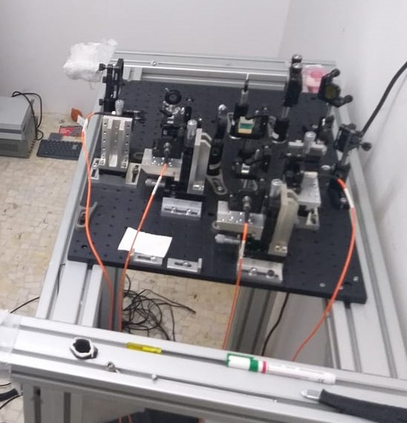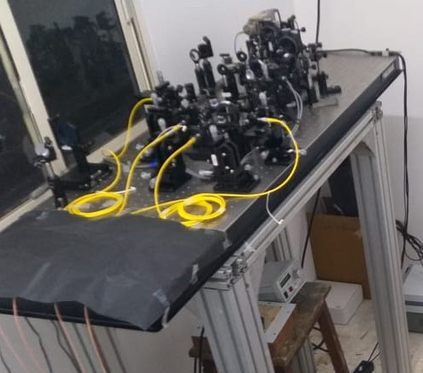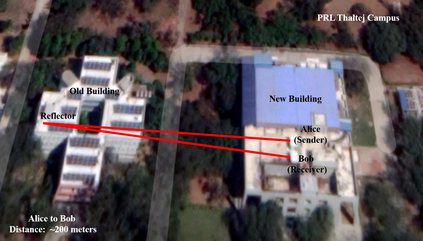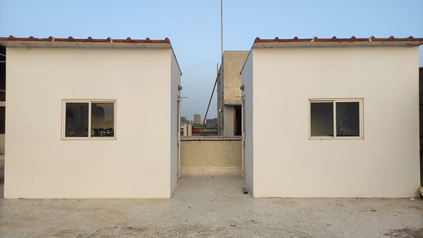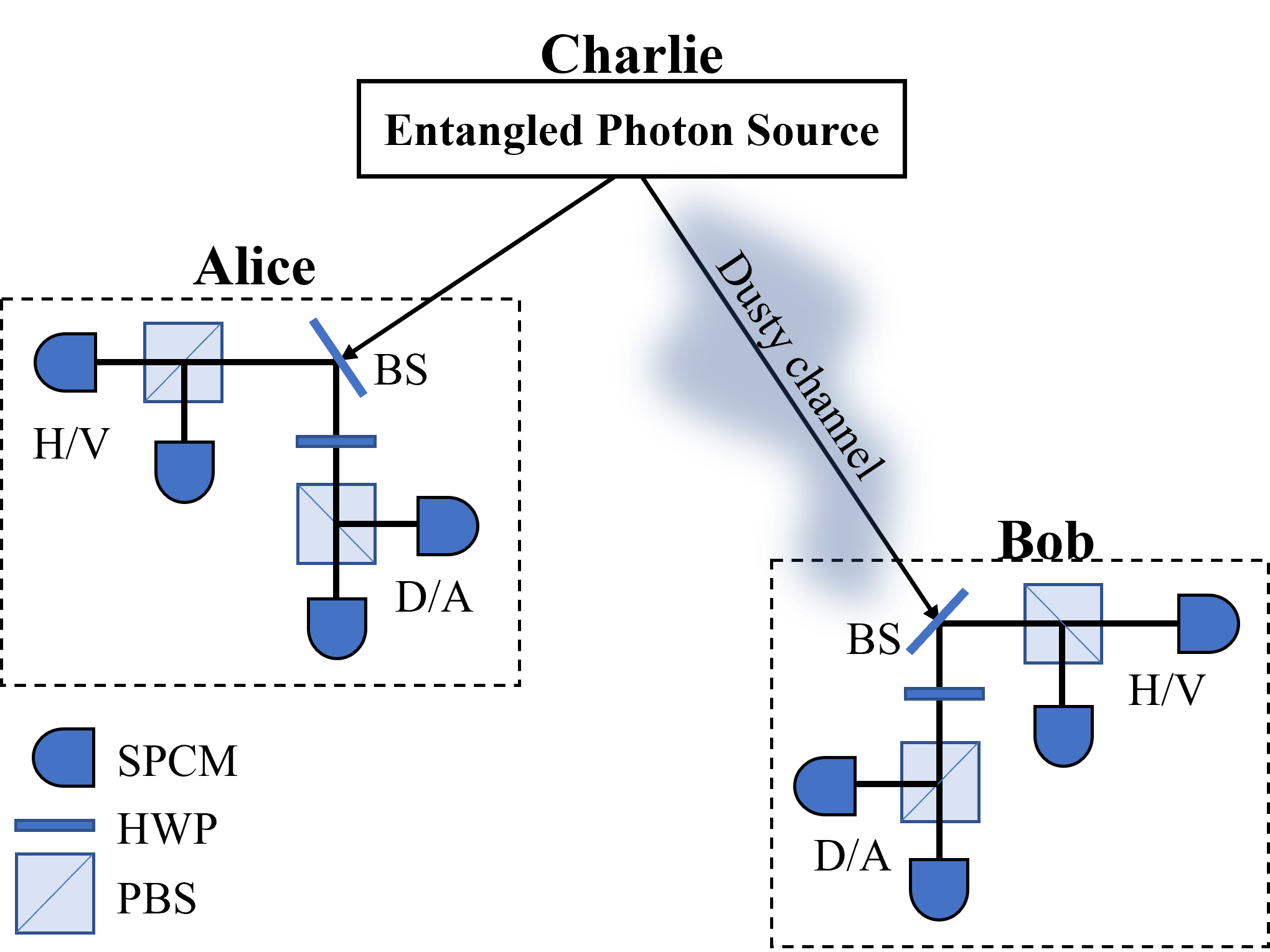Free space quantum communication assumes importance as it is a precursor for satellite-based quantum communication needed for secure key distribution over longer distances. Prepare and measure protocols like BB84 consider the satellite as a trusted device, which is fraught with security threat looking at the current trend for satellite-based optical communication. Therefore, entanglement-based protocols must be preferred, so that one can consider the satellite as an untrusted device too. The current work reports the implementation of BBM92 protocol, an entanglement-based QKD protocol over 200 m distance using indigenous facility developed at Physical Research Laboratory (PRL), Ahmedabad, India. Our results show the effect of dust/aerosols on the QBER that puts an upper bound on the secure key rate. Such experiments are important to validate the models to account for the atmospheric effects on the secure key rates achieved through satellite-based QKD.
翻译:自由空间量子通信十分重要,因为它是长期安全关键分布所需的卫星量子通信的先锋。 BB84等准备和测量协议将卫星视为一种可信赖的装置,它充满着安全威胁,在观察目前卫星光学通信趋势时充满了安全威胁。因此,必须偏爱纠缠协议,这样人们就可以将卫星也视为一种不可信赖的设备。目前的工作报告BBBM92协议的执行情况,这是利用印度艾哈迈达巴德物理研究实验室开发的本地设施,在200米的距离以内基于纠结的QKD协议。我们的结果显示灰尘/气溶胶对QBER系统的影响,它给安全关键速度定了一个上限。这种实验对于验证模型对通过卫星QKD实现的安全关键速率造成的大气影响非常重要。

